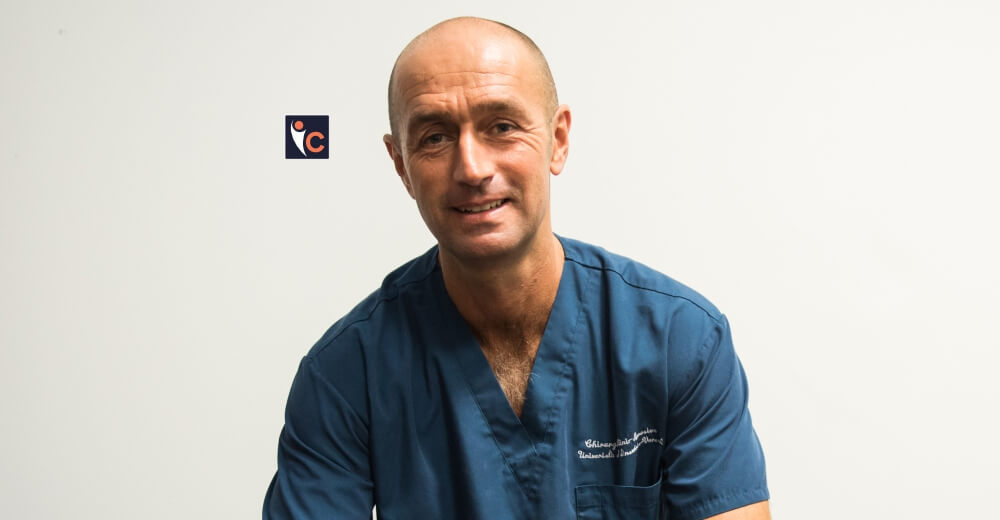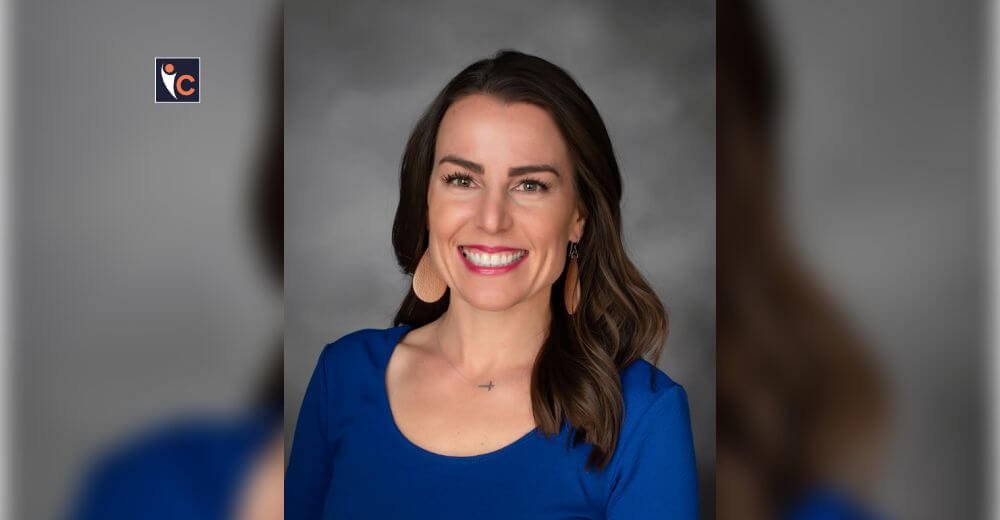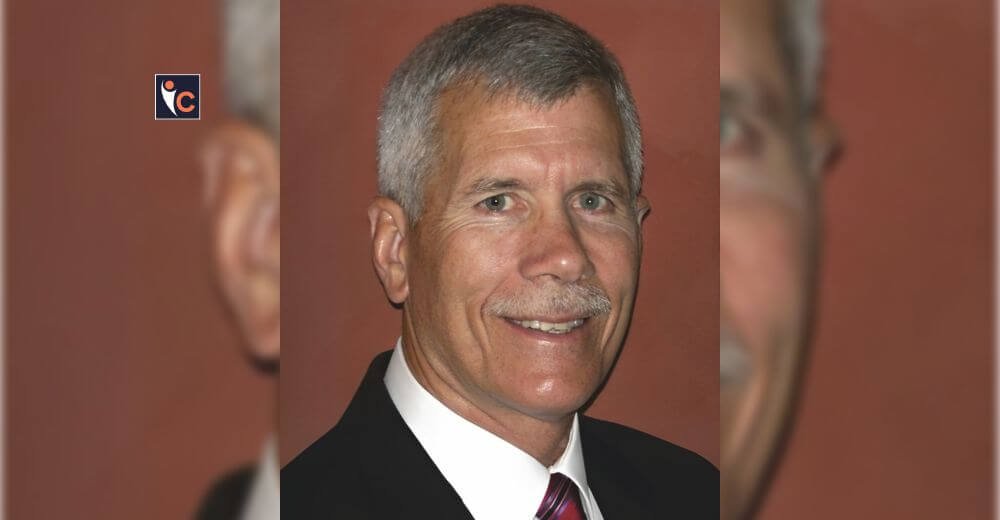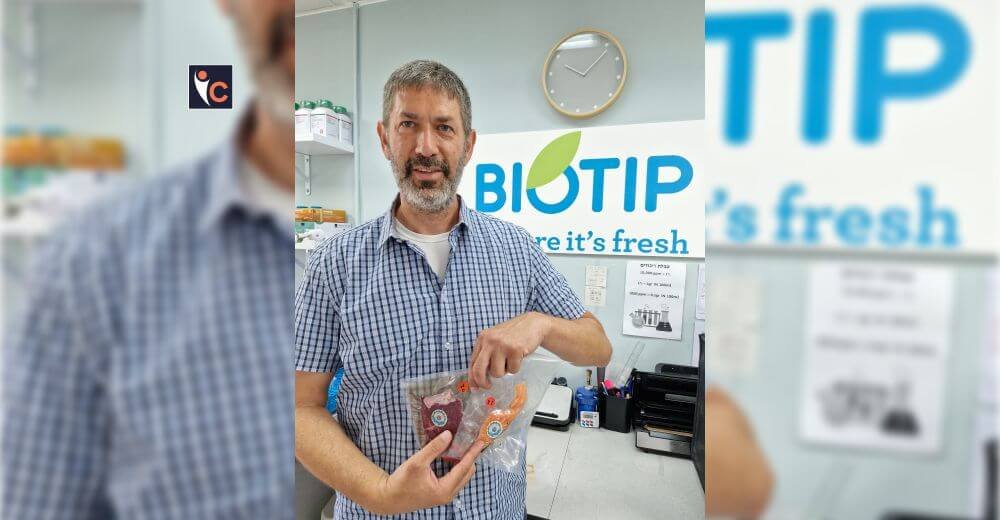Healthcare professionals are driven by an innate passion for the field, but excelling in such a challenging environment requires strong commitment, dedication, and years of practice. One such inspiring figure in the field is Luigi Boni, Chief of the Department of Minimally Invasive and General Surgery at the Fondazione IRCCS Ca’ Granda Ospedale Maggiore Policlinico di Milano and Full Professor of Surgery at the Università degli Studi di Milano. Having performed over 7000 surgical gastro-intestinal procedures, including many with minimally invasive techniques, he has made significant contributions to the field of oncologic surgery.
Dr. Boni’s journey began with surgical oncology training at the Department of Surgery of the University of Insubria in Varese, Italy. He then shifted his focus to minimally invasive surgery in Dundee, Scotland. Returning to Italy, he became an Associate Professor of Surgery and founded the Minimally Invasive Surgery Research Centre in Varese, where he served as Director for over a decade. His dedication to the field is evident in his extensive publication record, with over 300 scientific articles in peer-reviewed, indexed journals and more than 30 chapters in surgical books.
Dr. Boni considers himself fortunate to have met important mentors who have shaped his profession, including Renzo Dionigi, Sir Alfred Cuschieri, and Abe Fingerhut. He also considers Surgical education as one of the cornerstones of his activity.
It was a privilege to interview Dr. Boni, a dynamic personality in healthcare. The following excerpts from the interview will take you through his remarkable journey.
Can you share your journey and experience in the field of coloproctology surgery and general surgery? What inspired you to specialize in these areas of surgery?
From the early days of my medical education, I was drawn to the intricate and challenging nature of surgical interventions. The ability to directly impact patients’ lives through precise and skillful procedures fueled my passion for surgery. General surgery, with its broad spectrum of procedures across various organ systems, allowed me to develop a comprehensive understanding of surgical principles and techniques. This broad foundation proved invaluable when specializing in colorectal surgery, as it provided a holistic perspective on patient care.
I have been inspired by the potential to make a significant impact on patients’ quality of life through surgical interventions. The multidisciplinary approach required in coloproctology surgery, involving collaboration with gastroenterologists, oncologists, and other specialists, has been both challenging and fulfilling. It highlights the importance of a team-based approach to deliver the best possible outcomes for our patients.
Can you provide a brief history of your current institutions: the Università degli Studi di Milano and the Fondazione IRCCS Caà Granda Ospedale Maggiore Policlinico di Milano.
Both the institutions have a long tradition and history with several links over the centuries.
Also known as ‘La Statale’, the University of Milan is, relatively speaking, one of Italy’s younger university institutions. It was founded in 1924 thanks to the tenacious efforts of doctor and gynaecologist Luigi Mangiagalli, who in creating La Statale, realised his long-held dream of building a university for Lombardy’s regional capital.
Indeed, up until that point, it was the University of Pavia, founded in the fourteenth century and the main education centre in northern Italy, that housed the traditional university faculties. Over the centuries, however, the numerous educational institutions and schools of excellence which sprang up in Milan would later be incorporated under the University of Milan. The early years in the history of the University, of which Mangiagalli was Rector until 1926, were followed by a period of continuous growth up until World War Two: the number of students reached 3,000 and the number of faculties increased to six (the Faculties of Agriculture and Veterinary Medicine having been added in the ‘30s), located in Città Studi, home to the scientific faculties, and in the historic city centre. New campuses were established, and the university expanded its academic offerings. It became a hub for research and innovation in various disciplines.
The University of Milan is closely linked with the Fondazione IRCCS Ca’ Granda Ospedale Maggiore Policlinico, this hospital is affiliated with the university and has played a crucial role in medical education and research. The main campus of the University is currently located in the former location of the Hospital. Indeed, the Fondazione IRCCS Ca’ Granda Ospedale Maggiore Policlinico, located in Milan, Italy, is a renowned research and teaching hospital with a rich history dating back centuries.
How do you stay updated with the latest advancements and technologies in surgery?
Surgery is a dynamic field with ongoing advancements, and I always emphasize the importance of lifelong learning and staying updated on the latest research, technologies, and guidelines. A medical professional never stops learning and it is mandatory to stay constantly updated, especially in a specialty like mine that, in the last decades, has faced a tremendous improvement thanks to the introduction of new and exciting technologies. Together with the “classic” monthly review of the main literature published on scientific journal, I try to attend the session of interest during the most important surgical congresses as well as the various education activity of important surgical societies.
What are some of the challenges you face in the current healthcare landscape, and how do you overcome them?
Addressing challenges in the current healthcare landscape requires a multifaceted approach, combining ongoing education, collaboration, patient-centered practices, strategic resource management, and a focus on physician well-being. Adapting to technological advancements and maintaining flexibility in the face of evolving healthcare dynamics are key elements in overcoming these challenges.
As a professor, what approach do you take to educate and mentor aspiring surgeons?
My personal approach to educating and mentoring aspiring surgeons is founded on fostering a comprehensive and supportive learning environment. Here are some key elements of my approach are clinical exposure and hands-on since I believe in the significance of early and immersive clinical exposure for aspiring surgeons.
Establishing a mentorship program is also vital to provide guidance on career development, research opportunities, and personal growth. Finally, surgery often involves collaboration with various specialties. I would advocate for exposure to multidisciplinary teams, encouraging aspiring surgeons to understand the broader healthcare landscape.
Where do you see the future of surgery heading, particularly in terms of technological advancements?
The future of surgery is likely to be shaped by a convergence of technological innovations, fostering more precise, personalized, and accessible surgical care. Embracing these advancements while addressing associated challenges will be key to realizing the full potential of technology in the field of surgery. The trend toward minimally invasive procedures, including robotic-assisted surgery, is likely to continue. Advancements in robotic technology offer enhanced precision, dexterity, and improved visualization, potentially allowing for more complex surgeries with smaller incisions. The new robotic system will have to integrate augmented and virtual reality for surgical training, preoperative planning, and intraoperative guidance.
Artificial Intelligence AI is expected to revolutionize various aspects of surgery, from preoperative planning to intraoperative decision-making. Machine learning algorithms can analyze vast amounts of data, assisting surgeons in diagnostics, predicting patient outcomes, and even automating certain routine tasks.
What advice would you give to young professionals aspiring to excel in the field of surgery?
To answer this question, we would need to have really a lot of time, but to summarize my thoughts on this I would suggest to always remember that excellence in surgery is a continuous journey, and success is often built on a foundation of dedication, ongoing learning, and a genuine commitment to patient care.
Contributing to the Future of Surgery
Dr. Boni’s primary contributions in the field of surgery are predominantly focused on the development and validation of various surgical technologies in minimally invasive gastrointestinal surgery. Along with his colleague, he has been a pioneer in single-port/reduced-port surgery, transanal approaches to rectal cancer, and image-guided surgery, particularly in the field of fluorescence-guided procedures. More recently, their efforts have been directed towards validating new robotic systems and innovative visualization tools such as hyperspectral and multispectral cameras.
Read More: Click Here










